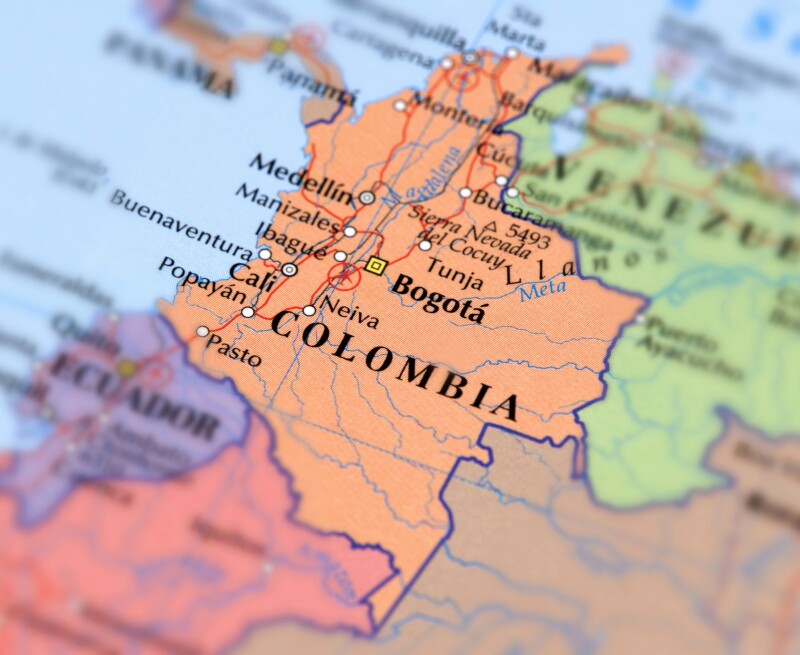ExxonMobil Corp. has submitted a proposal to Colombia’s National Hydrocarbons Agency (ANH) to run a hydraulic fracturing pilot project in Colombia’s Valle Medio del Magdalena basin that might help authorities demonstrate that the technology is safe.
ExxonMobil confirmed its submission in an email, though the company did not elaborate, Reuters reported on 17 March.
If the Platero investigative project is approved, ExxonMobil will join Colombia’s majority state-owned Ecopetrol as the second company to begin a fracturing pilot project in the country.
Colombia is South America’s third-largest oil producer behind Brazil and Venezuela and its economy depends largely on crude exports. But to maintain its reserve base, the mountainous Andean country has had to turn to shale and hydraulic fracturing, which the local population has strongly resisted.
As of yearend 2019, Colombia’s reserve-to-production (R/P) ratio had fallen to 6 years, compared to an R/P ratio of 144 years for South and Central America as a whole, according to the BP Statistical Review of World Energy 2020. In gas, Colombia has an R/P ratio of slightly more than 8 years.
To avert an economic disaster, President Ivan Duque set a goal in late 2018 to add 2 billion bbl of oil to the country’s reserve base by inviting investors and commencing exploration and production of shale fields.
Facing intense public pressure, Colombia’s highest administrative court blocked Duque by placing a temporary moratorium on fracturing; but in 2019, the court opened a loophole, ruling that the moratorium does not block investigative pilot projects involving limited exploration that might demonstrate the safety and effectiveness of the technology.
In early March, Duque issued a resolution setting out technical criteria for fracturing pilot projects, thus opening the door for prequalified companies to respond.
Those prequalified are ExxonMobil, state-owned Ecopetrol and the US-based mining company Drummond, which had been producing coalbed methane until Colombian authorities halted the project in December 2019.
ExxonMobil holds a 70% stake in the VMM37 block in the Middle Magdalena Valley basin in partnership with Canada’s Sintana Energy, which holds the remaining 30%.
“Colombia continues progressing in making the possibilities of extracting gas and oil from nonconventional fields viable with this proposal from ExxonMobil, which has extensive experience in this type of project,” ANH President Armando Zamora said in a statement published by Reuters this week.
The ANH will have until March 29 to evaluate ExxonMobil’s plan. Argus Media reported that the ANH had planned to award up to four pilot exploration projects for hydraulic fracturing, totaling around $600 million. Each project would be allowed two exploration wells.
Two other foreign companies that had been expected to participate, Canadian gas producer Canacol and US independent ConocoPhillips have so far not become involved.


